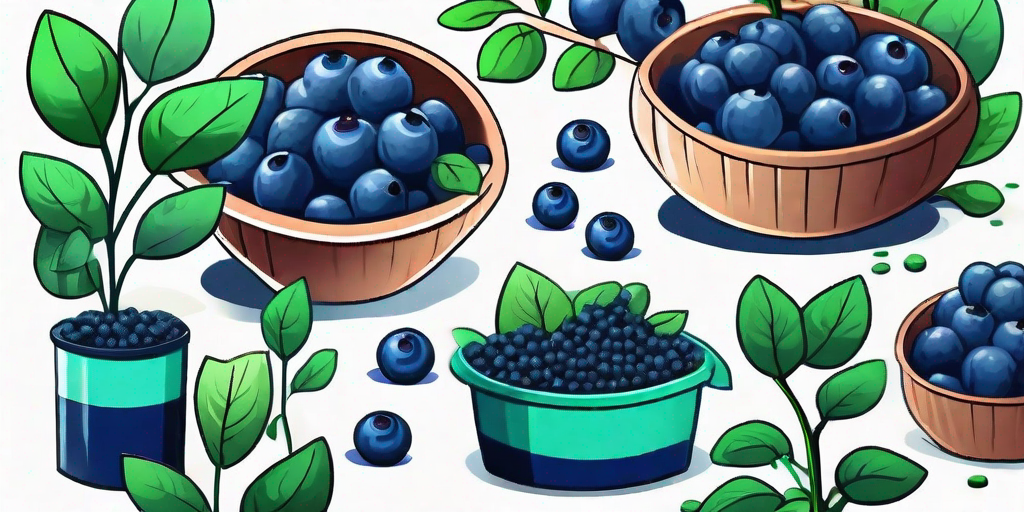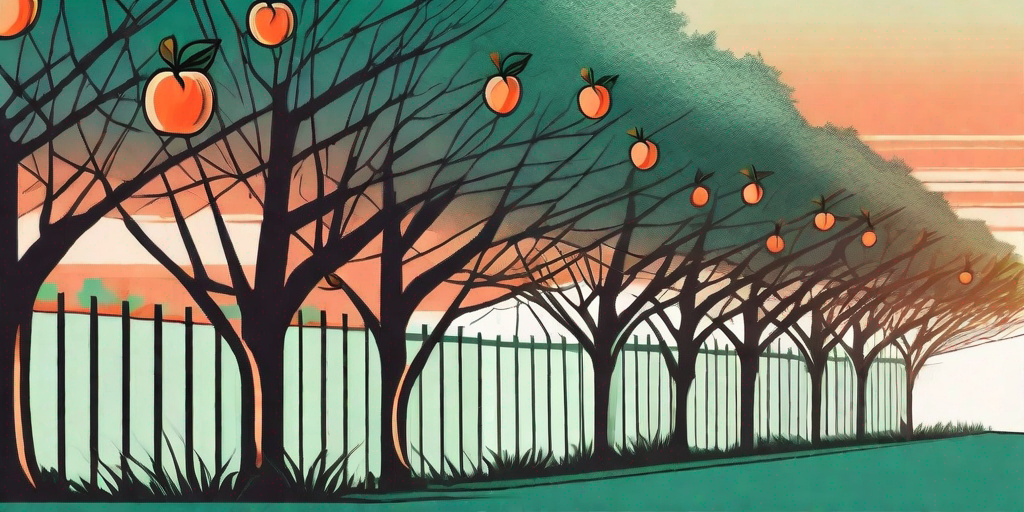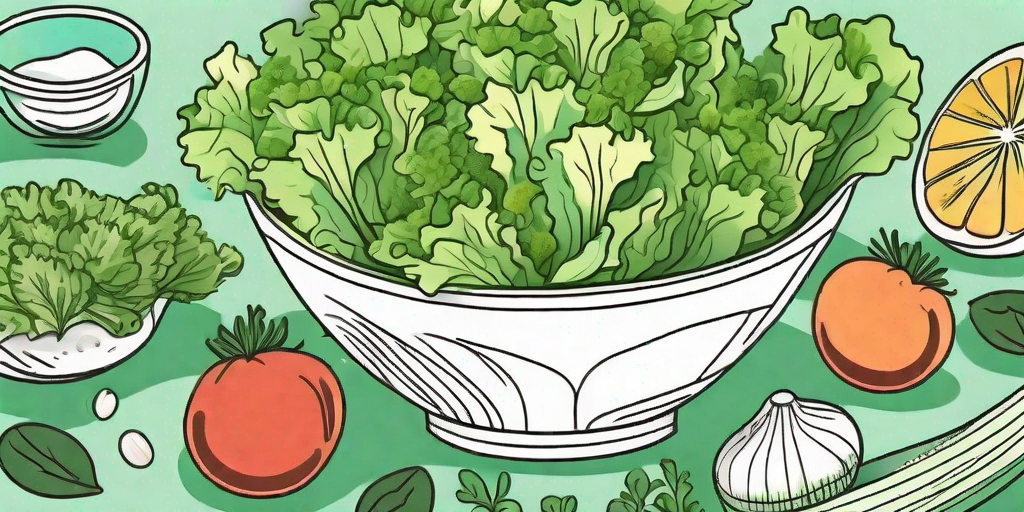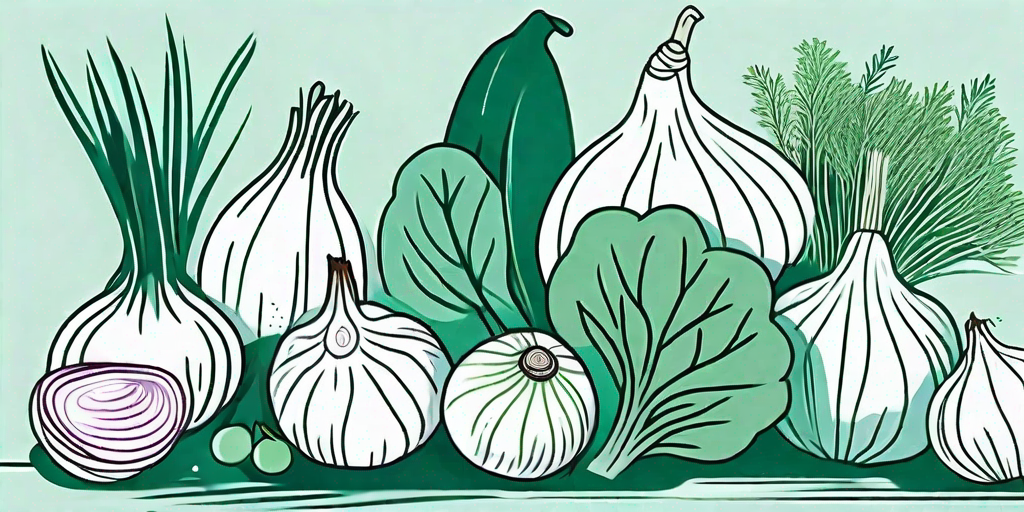
Blueberries, the tiny, round, and delightful fruits, are not just a treat for the taste buds but also a feast for the eyes when they're thriving in your garden. But, let's face it, growing blueberries isn't as easy as pie. It's more like a soufflé, requiring the right ingredients, precise timing, and a dash of love. But fear not, dear gardener, for we're about to spill the beans (or should we say berries?) on the secret to growing juicy blueberries.
The Blueberry Basics
Before we dive into the juicy details, let's cover the basics. Blueberries are perennials that love acidic soil and full sun. They're native to North America, which means they're hardy plants that can withstand a bit of rough and tumble. But, like a moody teenager, they also need their space and prefer not to be crowded.
Blueberries come in three varieties: highbush, lowbush, and hybrid half-high. The highbush varieties are the most common and can reach heights of 6-12 feet. Lowbush varieties are smaller and spread out, while hybrid half-highs are a mix of the two. Each variety has its own unique characteristics, but all share a love for acidic soil and a good dose of sunlight.
Choosing the Right Variety
Choosing the right variety of blueberry for your garden depends on your climate and personal preference. Highbush varieties are best for warmer climates, while lowbush varieties thrive in colder regions. Hybrid half-highs are versatile and can adapt to a range of climates. It's like choosing between a convertible, an SUV, and a hybrid car - each has its perks and quirks!
Once you've chosen your variety, it's time to pick the right location. Blueberries love the sun, so choose a spot that gets at least six hours of sunlight a day. They also need well-drained soil, so avoid areas where water tends to pool. Remember, blueberries are like cats - they love basking in the sun and hate getting their feet wet.
The Secret Sauce: Fertilizer
Now, let's get to the heart of the matter - the secret to growing juicy blueberries. Drum roll, please... it's the fertilizer! Yes, you read that right. The secret to thriving blueberry plants is a good, high-quality fertilizer. But not just any fertilizer will do. Blueberries are picky eaters and need a specific type of fertilizer to thrive.
Blueberries prefer acidic soil with a pH between 4.5 and 5.5. To achieve this, you'll need a fertilizer that's high in ammonium sulfate or sulfur-coated urea. These types of fertilizers help to acidify the soil and provide the nutrients that blueberries crave. It's like giving your plants their favorite gourmet meal.
When to Fertilize
The best time to fertilize your blueberries is in the early spring, just before new growth begins. This gives the plants a boost of nutrients to kickstart their growth and ensures they have the energy they need to produce those juicy berries. It's like having a strong cup of coffee in the morning - it gets you going and sets you up for a productive day.
After the initial spring feeding, you can fertilize again in late spring to early summer. This second feeding helps to sustain the plants through the growing season and ensures they have the nutrients they need to produce a bountiful harvest. Just remember, over-fertilizing can be as harmful as under-fertilizing, so stick to the recommended amounts.
FAQs
How often should I water my blueberries?
Blueberries need consistent watering, especially during the growing season. Aim to water them once or twice a week, or more often during dry spells. But remember, they don't like wet feet, so make sure the soil drains well.
When is the best time to plant blueberries?
The best time to plant blueberries is in the early spring or fall. This gives the plants time to establish their roots before the growing season begins.
How long does it take for blueberries to produce fruit?
Blueberries typically start producing fruit in their third year. But don't worry, the wait is worth it!
Conclusion
So there you have it, the secret to growing juicy blueberries. With the right variety, the perfect location, and the best fertilizer, you'll be on your way to a bountiful harvest. So roll up your sleeves, put on your gardening gloves, and get ready to grow the juiciest blueberries your taste buds have ever experienced. Happy gardening!











